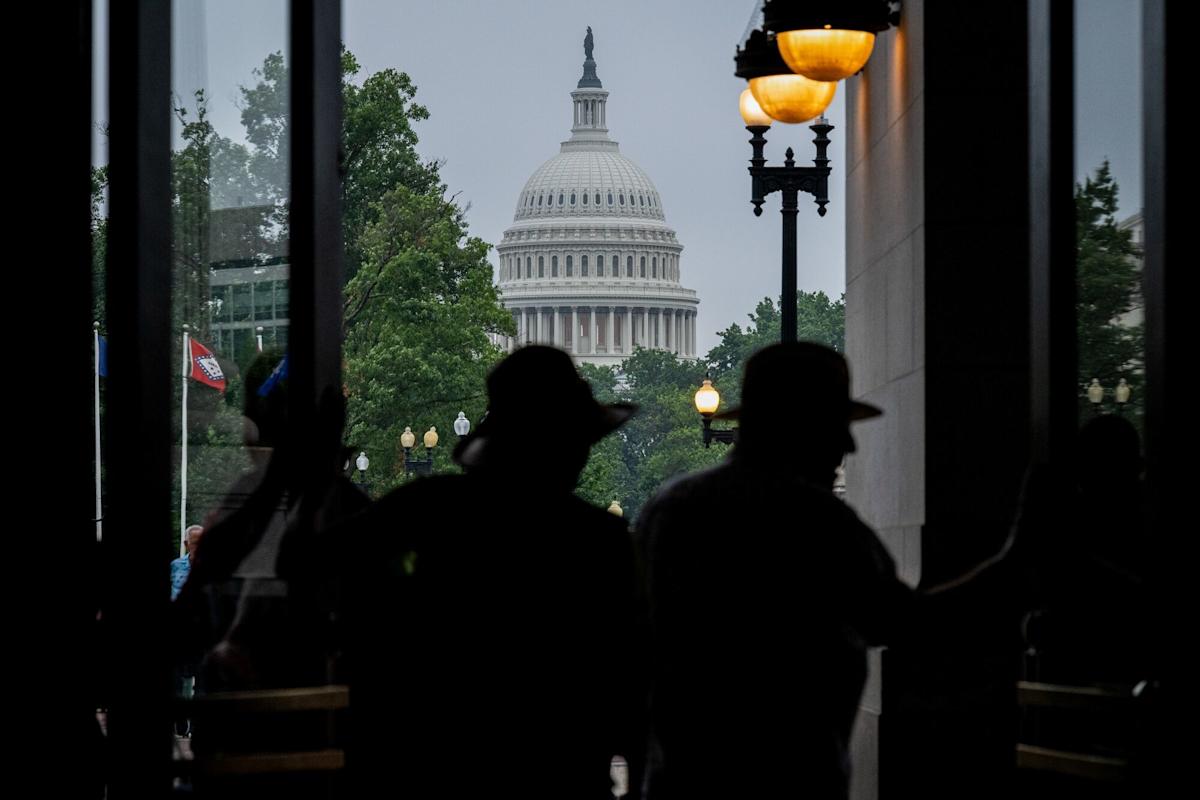(Bloomberg) — Senate Republicans unveiled a new version of their $4.2 trillion tax cut package that adjusts key provisions on the SALT deduction, Medicaid and clean energy as they try to meet a July 4 deadline set by President Donald Trump.
Most Read from Bloomberg
The new draft released early Saturday morning reflects compromises among warring factions of the Senate GOP which has been divided over how much to cut safety-net programs such as Medicaid and how rapidly to phase out renewable energy tax credits enacted under the Biden administration.
Senate Majority Leader John Thune has said he plans for his chamber to start voting on the tax bill Saturday afternoon with final votes coming as soon as early Sunday. Party leaders plan to bring House members back to Washington early next week for what they hope will be final approval of the measure in time for Trump’s Independence Day deadline.
It is not yet clear if the 50 Senate Republicans needed to pass the bill are all on board. The bill can be further altered on the Senate floor to secure the votes if needed. The House could also make more changes if Speaker Mike Johnson has trouble corralling votes for the measure.
But one conservative senator, Ron Johnson, said Saturday on Fox News he would vote against starting debate on the bill if a vote is called now.
“This is an important bill,” the Wisconsin Republican said. “There’s no need to rush it.”
A tentative deal with House Republicans to increase the state and local tax deduction is included. The bill would raise the SALT deduction cap from $10,000 to $40,000 for five years before snapping back to the $10,000 level. The new cap applies to 2025 and rises 1% in subsequent years.
The ability to claim the full SALT amount would phase out for those making more than $500,000 per year. A House attempt to curb the ability of pass-though businesses to circumvent the SALT cap was removed from the text.
The deal has the support of most members of the House SALT caucus of Republicans from high-tax swing districts. While decried by conservatives for costing hundreds of billions of dollars, it has the blessing of the White House.
Senate Republicans also deleted a Section 899 “revenge tax” on some foreign companies and investors that had spooked Wall Street, after Treasury Secretary Scott Bessent requested the change.
